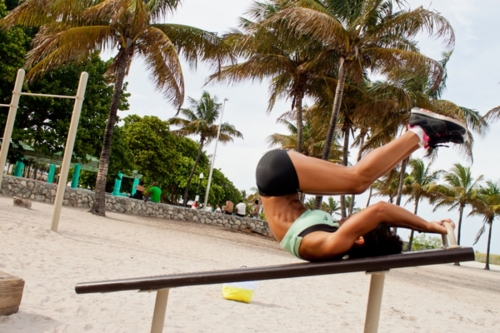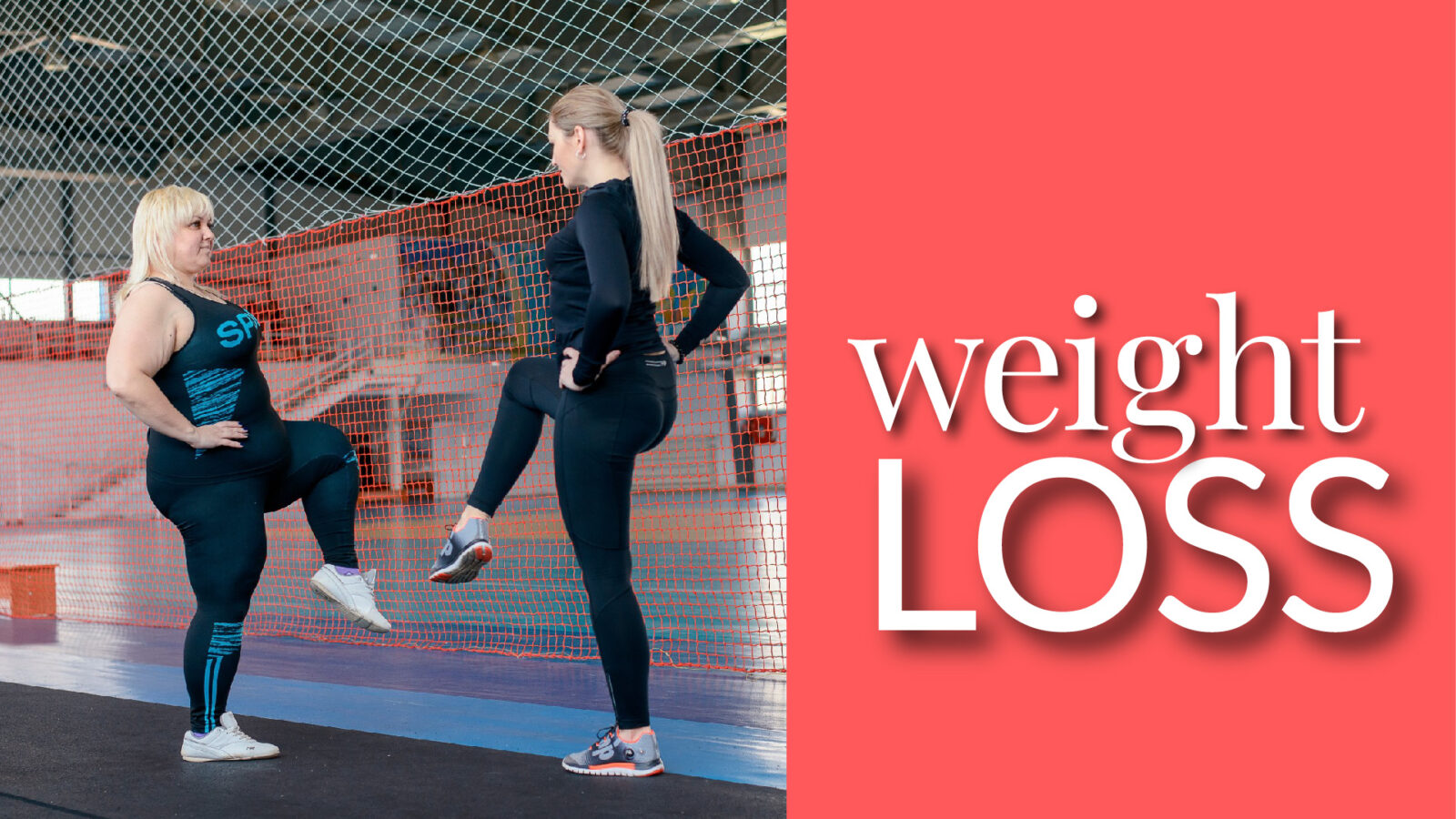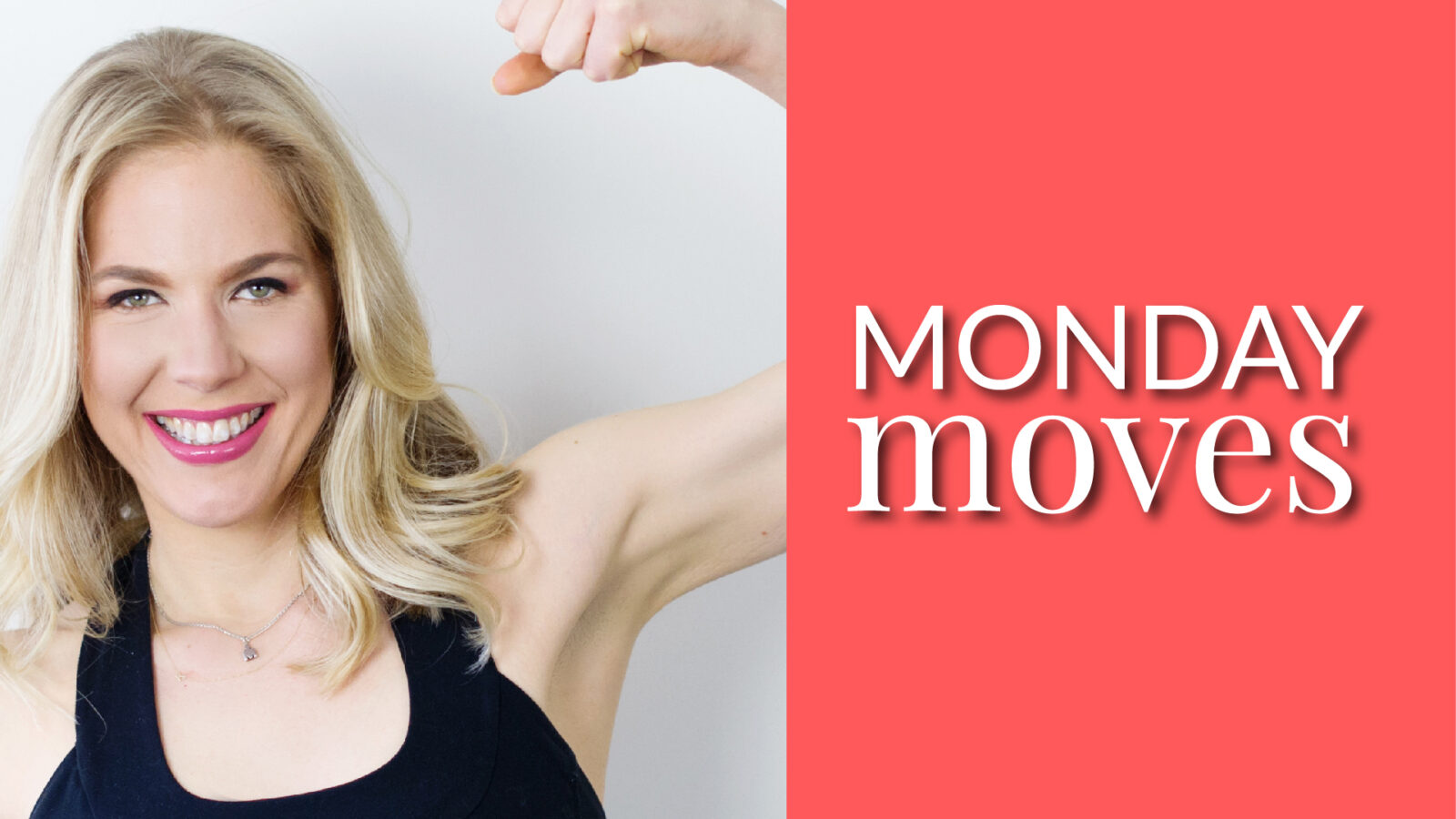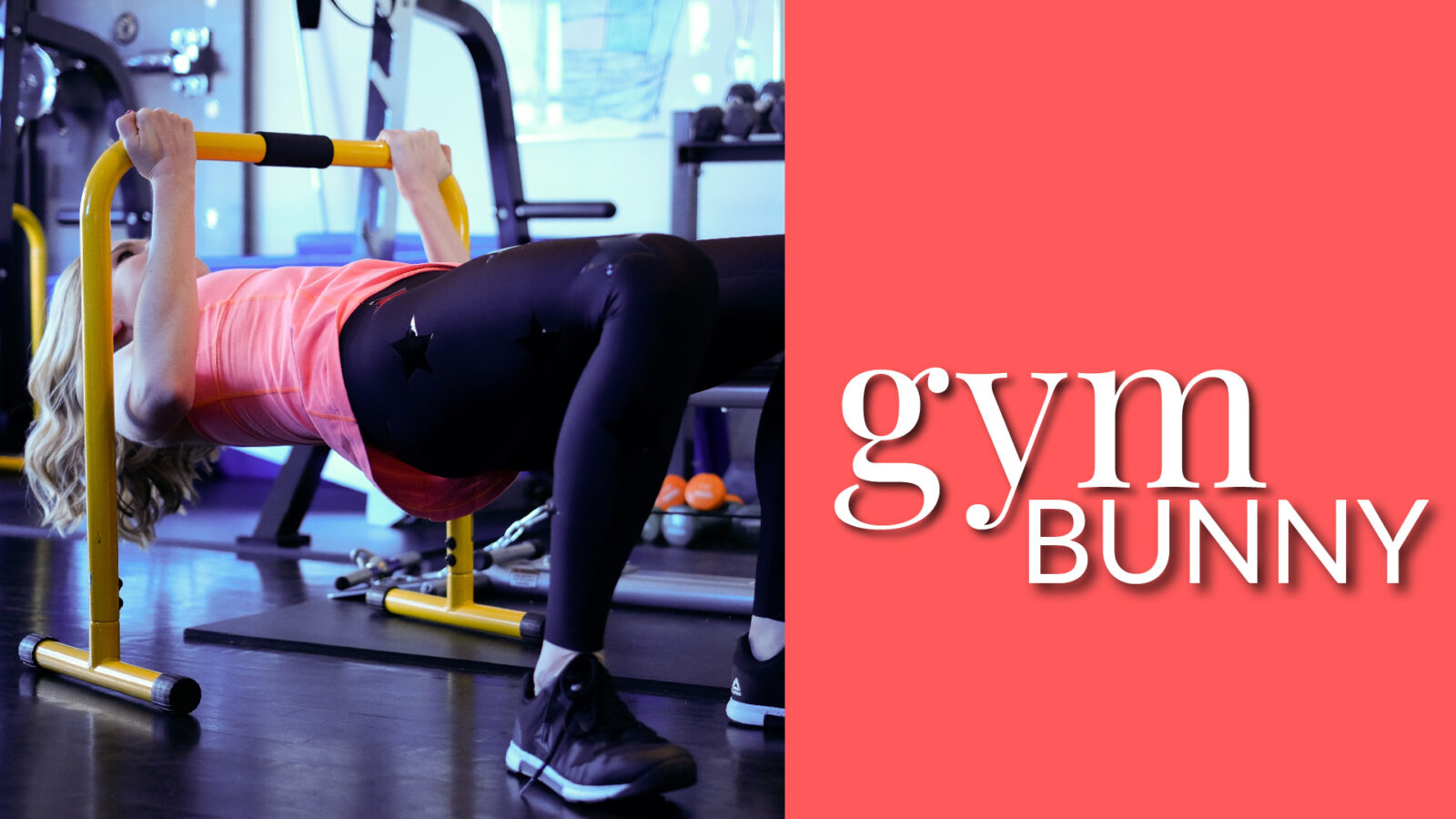11 Ways to Keep Your Fitness Goals on Track

I’m happy to be featured again in YourWorkoutBook! In this article, I share 11 simple and powerful ways to keep your fitness goals on track. We all know that starting something is always the hardest part, so the next time you feel your motivation dipping use any of these little hacks to keep your goals on track.
1. Don’t keep your fitness goals a secret.
Tell your friends and family what you want to accomplish. Stating the goal out load, so that other people know about your plans, can help keep you on track.
2. Write your goals down.
Writing your goals down will help you be more accountable to yourself. Revisit this process every few months to asses your progress. If you have not been successful, brainstorm why. Then form new goals based on the new-found knowledge. Learn from past mistakes.
SEE ALSO: How to Set Fitness Goals That Don’t Stink
3. Keep track of your workouts.
Try scheduling them into your weekly calendar, track them in excel or post an exercise calendar on your fridge. Put stickers or stars on the days you workout as a visual reminder of how many times you have exercised.
4. Reward Yourself.
Once you get to your predetermined goal, give yourself a non-food-related “prize.” Have a long bubble bath, take yourself to the movies, get a pedicure, buy a new workout outfit, or sign up for a new fun ‘fitness adventure’ like a dance class.
5. If you don’t like working out with an exercise buddy, get an ‘accountability buddy’.
Connect with that person weekly and discuss your goals, workouts, strategies etc.
SEE ALSO: 17 Instant Ways to Stay Motivated to Hit the Gym
6. Whenever possible, pick exercise activities you enjoy.
You are much less likely to skip the workout if you actually find it fun. Try joining a sports team or taking adult dance lessons. Find something you enjoy doing and start with that. If you enjoy gardening, check out other people’s gardens as as you walk to and from work. Then, do your own gardening on the weekend. If you like playing a particular sport, join a team. If you want to be social, find a walking buddy.
7. No matter how good a workout it, if you hate it you will not continue long term.
Seek alternatives. Don’t use your hatred of a particular workout (such as running) as an excuse not to exercise. Running may be a good workout, but if you hate it the benefits are somewhat irrelevant. Your distaste for the activity makes it more likely you will skip the workout. So, you would not reap the benefits anyway.
8. Don’t become Married to One activity – Experiment!
Try different exercise options as you get more fit. If you hate jogging now, try it again in a few months. Exercise tastes can change. Sometimes we dislike activities we are not good at. Ten years ago I despised running. Now it may be my favorite activity.
9. Remind yourself that once you start exercising, it is easier to continue.
Exercising will becomes easier once you have established a habit. You (mostly) don’t question if you should or shouldn’t workout. Plus, when you exercise regularly you develop a kinesthetic memory of how great you will feel post workout. This will help motivate you to exercise.
10. Try Journaling and Rating your mood.
For the next two weeks rate your mood on a scale of one to 10 before and after exercising. A rating of “1” means you have intense negative feelings towards exercise and general grumpiness. A rating of “10” means you have intense positive feelings towards exercise and couldn’t be happier. I have found that when people rate their mood between a “1” and “5” before exercise, it is normally “6” or above after exercise.
See also: Keep yourself accountable by timing adn tracking your intervals when working out. You can do this with a smartphone or with a gym clock and timer. You can find my favorite gym timers in this post here.
I once did this for two weeks, and each time I recorded a higher number after my workout then before. Any time I don’t want to exercise I remind myself that my numbers were consistently higher after exercise. Since I know that I am almost guaranteed to feel better I am less likely to skip my workout.
11. Remind yourself of the “law of initial value.”
When applied to exercise the law of initial value dictates that the worse you feel prior to exercise, the more opportunity there is for your mood to improve. Under this logic, the more unmotivated, cranky or tired you feel before a workout the more important the workout is. I know that any workout will make me feel better than no workout. The worse I feel, the more I know I need to train.
Originally published at YourWorkoutBook












